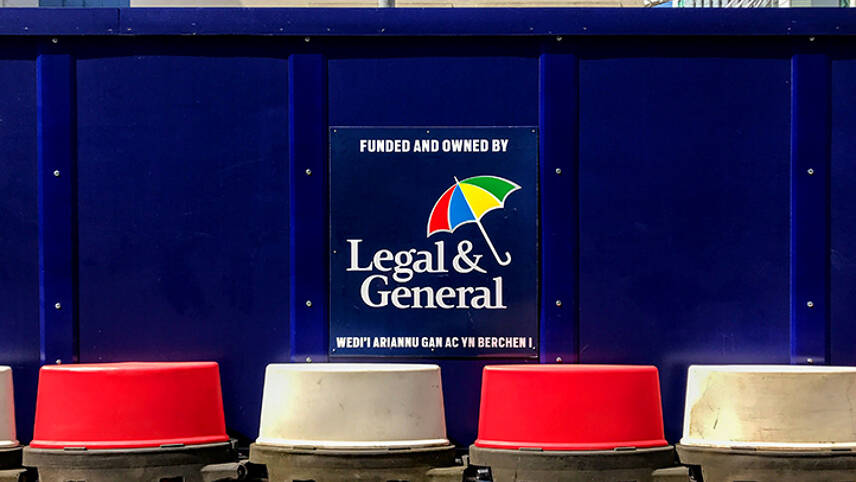Register for free and continue reading
Join our growing army of changemakers and get unlimited access to our premium content

The investor has also set a “red line” for all sectors to disclose climate lobbying activities to help inform investment decisions
LGIM, which has more than $1.4trn in assets under management, has revealed that more than 5,000 companies are now analysed under its “Climate Impact Pledge” – an engagement initiative to encourage companies to transition to net-zero carbon emissions.
Last year’s Pledge analysed 1,000 companies across 15 sectors, compared to more than 5,000 across 20 “climate critical sectors”, which now includes forestry and paper & pulp, aluminium, glass, logistics and multi-utilities.
LGIM has identified 299 companies that qualify to have sanctions imposed on them due to poor environmental track records. LGIM states that these sanctions would come in the form of AGM voting.
The firm’s exclusion list has also expanded to cover almost £158bn of assets. These include one-third of LGIM’s oil and gas sector companies, which failed to meet minimum standards over carbon emissions, despite recording massive profits.
LGIM’s head of investment stewardship Michael Marks said: “As the window for achieving a 1.5C outcome by 2050 narrows, the need for greater action by companies has become increasingly urgent. Companies which are too slow to act are contributing to systemic risk. It is imperative that investors play their part, by expanding and deepening the scope of their climate engagement, and encouraging companies to scale up their ambitions and reduce real world emissions. This is what LGIM is doing.
“From tackling climate lobbying to incorporating biodiversity risk, our expectations of companies are increasing – insufficient progress represents a systemic challenge which we will continue to challenge through the tools at our disposal, including divestment and voting sanctions.”
Dial movers
LGIM has also outlined a number of firms that it considers to be “dial movers”. These are firms that could be able to galvanise sector-wide action on climate. In total, 105 companies were labelled as dial movers, a 75% increase on 2021 levels.
LGIM expects dial movers to explore the link between climate and biodiversity and to have comprehensive, certified net-zero emissions targets, including disclosing a transition plan with short and medium-term targets.
However, the investor has also set a “red line” for all sectors to disclose climate lobbying activities to help inform investment decisions, these include trade association memberships. Businesses would need to act if lobbying activities are currently not aligned with the 1.5C target.
As such, LGIM will apply voting sanctions against 43 dial movers, including those companies on the divestment list. In total, 12 companies remain on LGIM’s divestment list. These companies are AIG, China Construction Bank, China Resources Cement, Exxon Mobil, Hormel, Industrial Commercial Bank of China, Invitation Homes, KEPCO, Loblaw, MetLife, PPL and Sysco.
In 2021, Legal & General’s Real Assets arm outlined plans to reach net-zero across its UK real estate portfolio by 2050, including new investments in onsite renewable energy and carbon offsetting.
The business manages more than 76 million square feet of buildings across the UK, collectively valued at more than £21.3bn. The business’ new strategy for delivering net-zero maps out key focus areas through to 2030. Fossil fuels can be removed from all landlord areas by 2030 and all other areas by 2050, the roadmap states, as low-carbon heating and cooling technologies scale up.


Please login or Register to leave a comment.